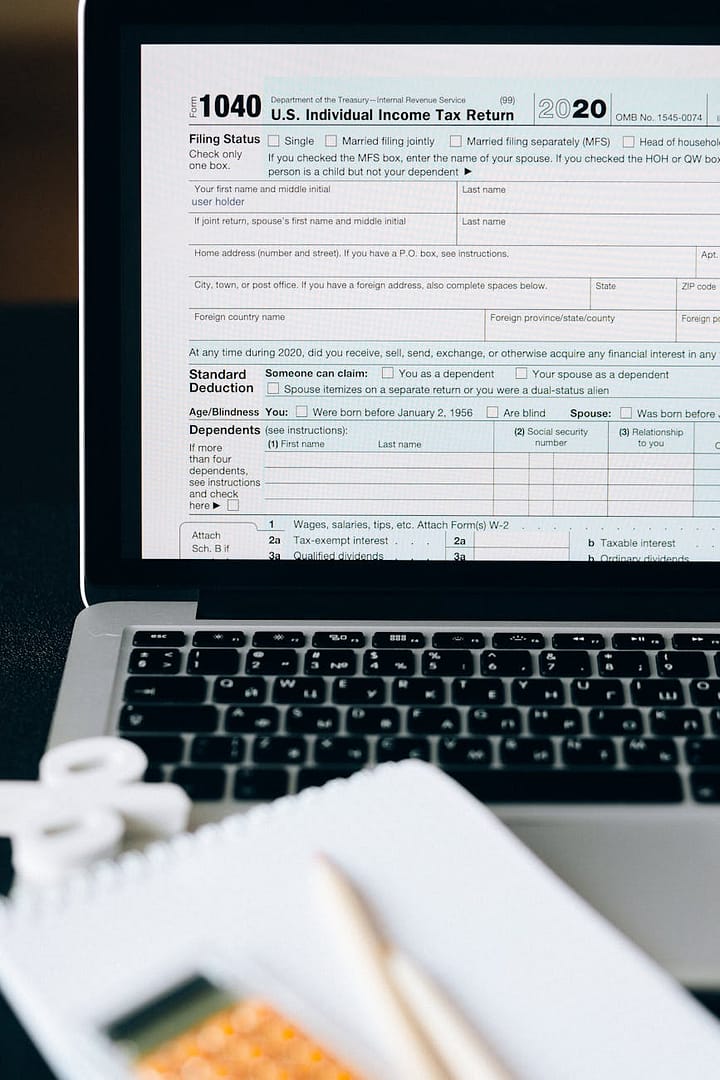Your business should use some type of accounting software to help manage the financial side of things. Even if you’re a self-employed individual working on your own, accounting software will assist you in managing invoices, tracking expenses for tax returns, etc. Saying that, not all accounting software is built the same; some will be more relevant to you than others, so here are some things to consider before picking your software application.
What features does the software boast?
Accounting software can be anything from a simple budget tracker to something highly extensive that analyses your expenses and provides key forecasts for every quarter. Now, if you’re a very small business without many clients, you’ll need fewer features than a slightly larger company with plenty of clients and some employees.
Downloading and paying for software with all the bells and whistles makes zero sense if you won’t use most of the features. It’s a waste of money, so consider which features are essential for your business. Some key elements to look for include:
- Tax return features
- Budgeting features
- Invoice creation
- Expenses tracking
- PAYE features (if you have employees)

Is the software relevant to your area of business?
Business owners forget that some accounting software is specifically designed for particular business areas. If you’re a freelancer who’s contracted to a local government firm, then you’d benefit from government accounting software. If you run a small restaurant on your local high street, then you’d need restaurant account solutions – and so on, you get the gist.
You need to pick up software that’s relevant to your industry/niche because it usually comes with extra features or aspects that relate to your operations. You’re also more likely to receive helpful resources that take into account the specifics of your industry. It’s all about getting the best value for money from your accounting software solutions, so look for niche-centric options whenever possible.
Can you fit the costs into your budget?
The main benefit of downloading and using accounting software is that it’s far more affordable than hiring an accountant or creating a financial team. That being said, you still need to keep your budget in mind and work out if the cost of the software aligns with your cash flow.
Something may seem cheap, but it may eat into your operating cash flow and mean you have no money left over to pay for other expenses or bills. Again, that’s why it’s so important to find software with the right features for your business. It’ll help you save a fortune by picking budget-friendly options that give you everything you need without wasting money on irrelevant features.
In conclusion, finding the right business accounting software can be much harder than anticipated. It’s certainly not the type of decision you can (or should) make in a couple of hours. Spend a good amount of time research the various options to ensure you pick something that has all the features you’re after, can be tailored to your industry and fits within your budget.
This is a contributed post.

